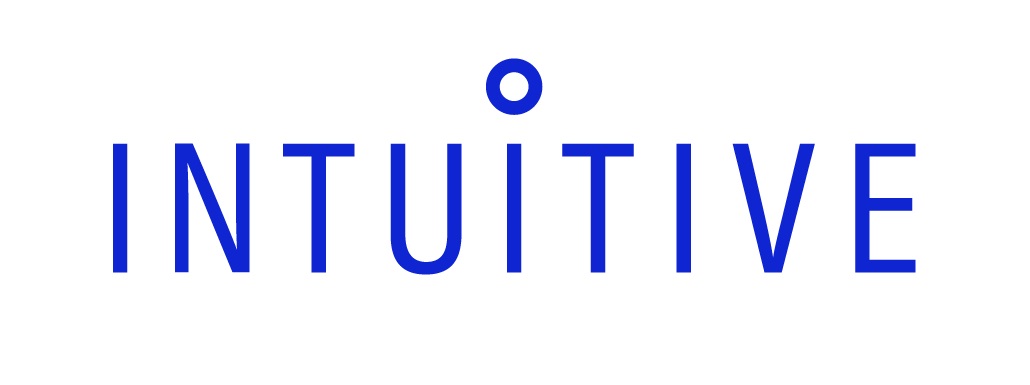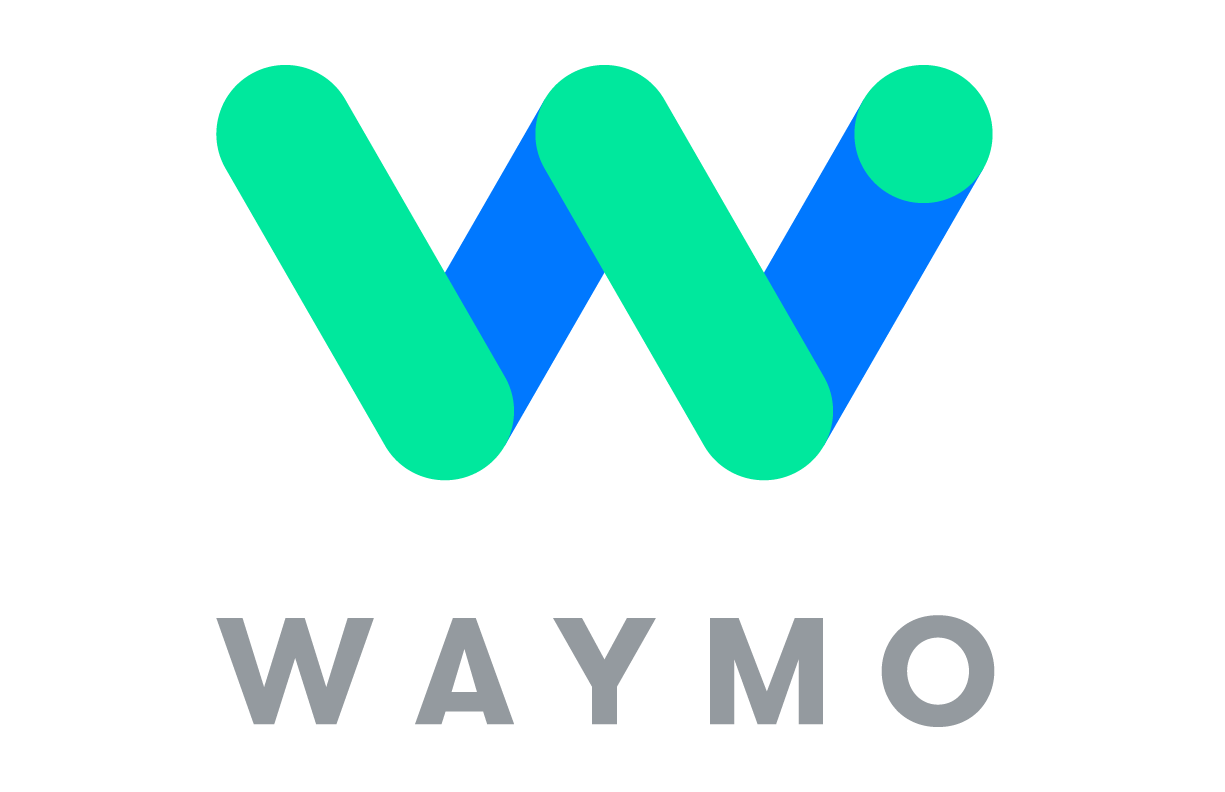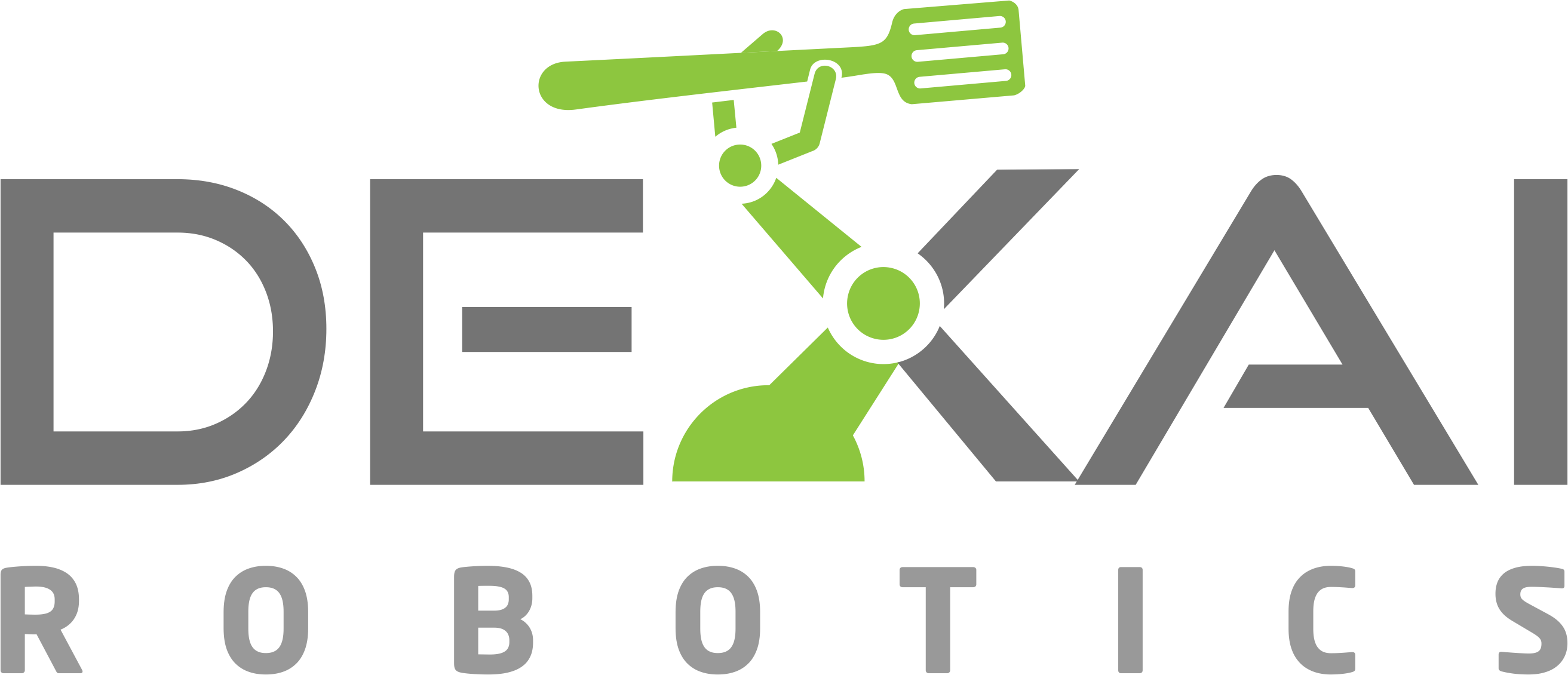| 08:30- |
Front desk opens |
| 09:00-09:15 |
Introduction |
| 09:15-10:00 |
Faculty Talks #1 |
| 10:00-10:30 |
Spotlight Talks #1 |
| 10:30-11:00 |
Coffee Break + Poster Presentations #1 |
| 11:00-11:45 |
Faculty Talks #2 |
| 11:45-13:15 |
Lunch Break |
| 13:15-13:45 |
Keynote by Percy Liang |
| 13:45-14:15 |
Keynote by Rob Reich |
| 14:15-15:00 |
Faculty Talks #3 |
| 15:00-15:45 |
Spotlight Talks #2 |
| 15:45-16:15 |
Coffee Break + Poster Presentations #2,
sponsored by Ambi Robotics |
| 16:15-16:45 |
Faculty Talks #4 |
| 16:45-17:00 |
Closing Remarks |
The tentative list of speakers for each talk session is:
Faculty talks #1 (09:15 -- 10:00): Karen Liu, Ron Fearing, Dorsa Sadigh, Hannah Stuart, Allison Okamura.
Faculty talks #2 (11:00 -- 11:45): Jeannette Bohg, Ricardo Sanfelice, Chelsea Finn, Ken Goldberg, Monroe Kennedy.
Faculty talks #3 (14:15 -- 15:00): Steve Collins, Sergey Levine, Jiajun Wu, Jitendra Malik, Marco Pavone.
Faculty talks #4 (16:15 -- 16:45): Mark Mueller, Grace Gao, Alice Agogino, Mykel Kochenderfer.
Spotlight Talks #1 (10:00 -- 10:30): Michelle Guo, Sareum Kim, Conrad Holda, Erdem Bıyık, Suneel Belkhale, Jungpyo Lee, Tae Myung Huh, Zonghe Chua, Negin Heravi, Sid Reddy, Andrea Bajcsy, Rika Antonova, Toki Migimatsu, Santiago Jimenez Leudo, Annie Chen, Suraj Nair, Jeff Ichnowski, Ashvin Nair, Won Kyung Do, Shivani Guptasarma, Stephen James, Fangyu Wu, Keiko Nagami, Joe Vincent, Fernando Castaneda, Zhongyu Li.
Spotlight Talks #2 (15:00 -- 15:45): Stephen McKinley (Ambi Robotics), Olga Liakhovich (Auris), Mark Palatucci (Waymo), Troy Adebar (Intuitive Surgical), David MS Johnson (Dexai Robotics), Fred Parietti (Multiply Labs), Sanjiban Choudhury (Aurora), Liangjun Zhang (Baidu Research), Avi Singh (Google), Patrick Slade, Brijen Thananjeyan, Frederik Ebert, Michael Lingelbach, Ruohan Gao, Ashish Kumar, Ilija Radosavovic, Spencer Richards, Thomas Lew, Karan Jain, Clark Zha, Adyasha Mohanty, Shubh Gupta, Andrew Barkan, Masha Itkina, Chelsea Sidrane, Tony G. Chen, Samuel Frishman.
Keynote Talk by Percy Liang:
Title: Foundation Models
Abstract: Foundation models are models that are trained via self-supervision on broad data at scale and can be adapted to a wide range of downstream tasks. They have produced a paradigm shift (with BERT and GPT-3) within the natural language processing (NLP) community, but their reach extends to vision and other modalities. In this talk, I will discuss some of the technical and ethical research questions around these models that we have been tackling at the new Center for Research on Foundation Models. Finally, I will end with a few speculative thoughts on their potential in robotics.
Speaker Bio: Percy Liang is an Associate Professor of Computer Science at Stanford University (B.S. from MIT, 2004; Ph.D. from UC Berkeley, 2011) and the director of the Center for Research on Foundation Models. His research spans many topics in machine learning and natural language processing, including robustness, interpretability, semantics, and reasoning. He is also a strong proponent of reproducibility through the creation of CodaLab Worksheets. His awards include the Presidential Early Career Award for Scientists and Engineers (2019), IJCAI Computers and Thought Award (2016), an NSF CAREER Award (2016), a Sloan Research Fellowship (2015), a Microsoft Research Faculty Fellowship (2014), and multiple paper awards at ACL, EMNLP, ICML, and COLT.
Keynote Talk by Rob Reich:
Title: Ethics and the Development of Smart Machines... or: Against Moral Sleepwalking (in Robots as well as Humans)
Abstract: At the heart of today’s technological revolution — particularly advancements in robotics — are autonomous systems. They are vital to the technological innovation we all hold dear, and they have great potential to make a positive impact, from saving lives to saving energy. But autonomous systems can also be used for ill, and have been blamed for unemployment, worsening human lives, and even deaths. What are the ethical and social responsibilities of robot developers? Professor Rob Reich, a philosopher working at the intersection of ethics and technology and the co-author of System Error: Where Big Tech Went Wrong and How We Can Reboot discusses this in his keynote. Those in the audience will also be asked to participate in a brief case study discussion involving autonomous vehicles.
Speaker Bio: Rob Reich is a philosopher, the director of Stanford University’s Center for Ethics in Society, co-director of the Center on Philanthropy and Civil Society, and associate director of its new Institute for Human-Centered Artificial Intelligence. He is the author of System Error: Where Big Tech Went Wrong and How We Can Reboot and Just Giving: Why Philanthropy is Failing Democracy and How It Can Do Better. A former sixth grade teacher, he has won multiple teaching awards at Stanford. He helped to create the global movement #GivingTuesday and serves as chair of its board. Twitter: @robreich.









